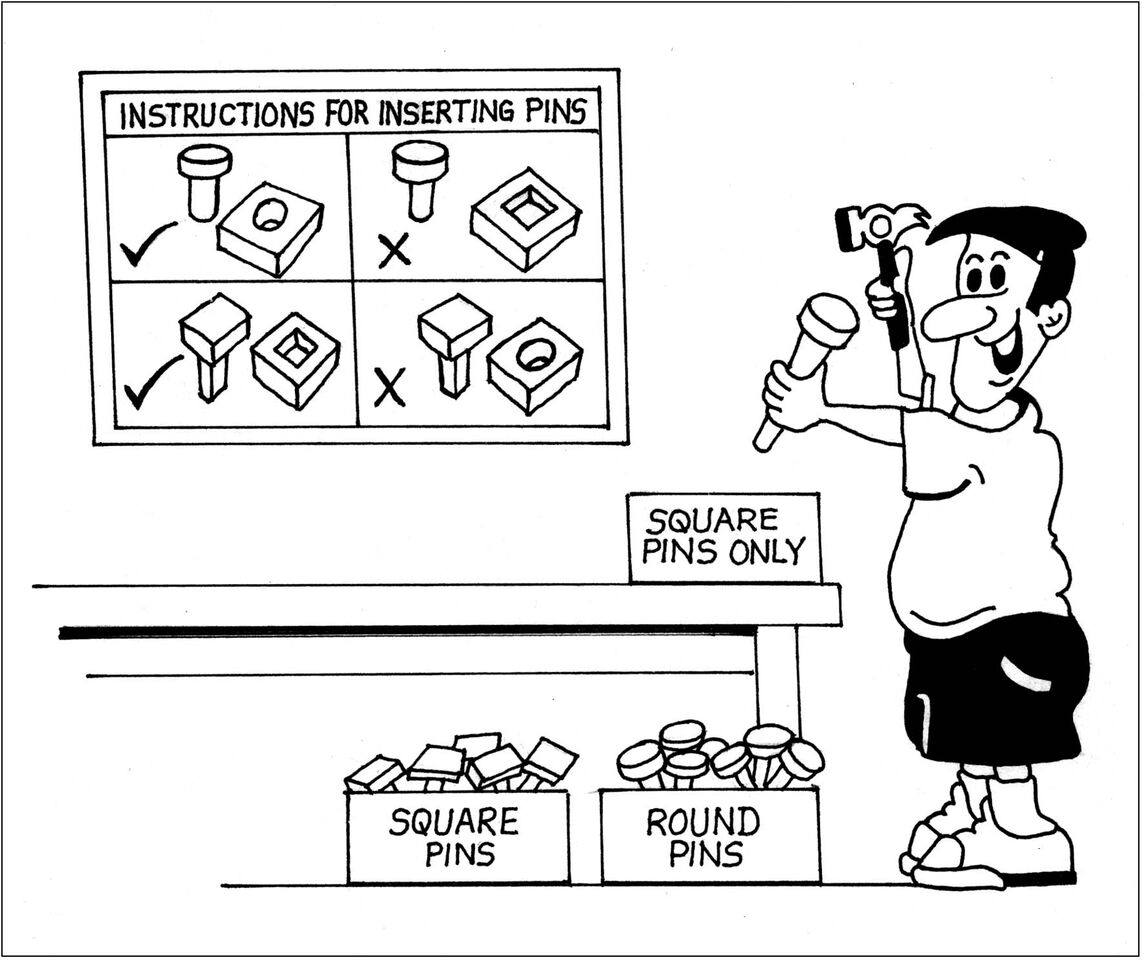Getting the Right People Up to Scratch


Back in the 1990s, there was a mantra: Hire for attitude; train for skill. Find people whose values are yours and bring them on board. After that, training them up to your standards will be easy.
Somehow, this has been forgotten. The pattern instead is to identify candidates on the basis of their qualifications and experience first, and then later – after they’ve been in the job for awhile – to think about making them into the “right team”, whatever that means.
What skills are actually indispensable?
It’s true that many jobs demand certain skills from the first day, and the importance of that shouldn’t be minimized; however, it shouldn’t be overemphasized either.
For example, how many positions did you fill last year that required a university degree from the first day? To think of this another way, how many people could have done the job without one?
This is in no way an attempt to discount higher education; but study for both the student and the employer must be for the right reasons, and what has happened is that qualifications have become a means for filtering applicants rather than a way to find those who are the most suited. In other words, they’ve become an artificial sieve that is used to cull the most desirable from the less so irrespective of whether that study was relevant or not.
Interviews
Once the pool of applications has been reduced, then a short list is drawn up for interviews. The interesting thing about this is that interviews are known, and have been known for decades, to be among the most unreliable ways to select employees. In fact, the reliability of this method is about as high as throwing a dart at a dartboard while blindfolded. Yet, companies continue to use it as the central method for hiring.
And it’s because of this that the “right people” are in such short supply when your company starts to look for them. It’s because you failed to recruit them in the first place.
How do you get the right people?
So how do you get the right people?
You have to look for those who share your values. This is not the same as saying you want people who think like you do. Managers already have a propensity for this. (This is how those who are truly entrepreneurial get weeded out even when organizations claim to want people like that. Those who have the “spirit of capitalism” in their veins are seen to be too much like mavericks to be in many companies.)
What you’re looking for are those who will fit naturally into the culture of your organization. In the vast majority of cases, that sort of thing is much harder to find than those who have the skills you require.
What do the right people look like?
What do the right people look like? They are the ones who embrace change. That’s really the only criterion.
You may think that you also want those who are team players. That can be a factor, but let’s face it: Just like higher education, it’s unnecessary, even a waste of good talent, to insist that everyone is. You want to put team players on teams where they will thrive and put those who work best by themselves in an environment where they can do so while creating great things for your company.
The upshot of all this is that when you hire people for the right reasons, then the rest will take care of itself. When you employ them for the wrong ones, however, then it leads you to ask the wrong questions; and wrong questions lead to incorrect answers.
How so?
If you hire for attitude, then you’ll get people who want to change with the organization. If, however, skills and experience based on evaluations conducted through interviews are your criteria, then when it comes time to make important changes that may include teams, you will have a recipe for resistance; not cooperation.
This will lead you to ask the wrong question, which is, “how do we change our culture?” or “how do we get people to work together?” And the truth is that by then it will be too late.
You have to hire people from the beginning who think like that. They, with you, will help you to make it a reality.
For more information please send a message via the Contact Us Page. Or you can register for an upcoming webinar.

